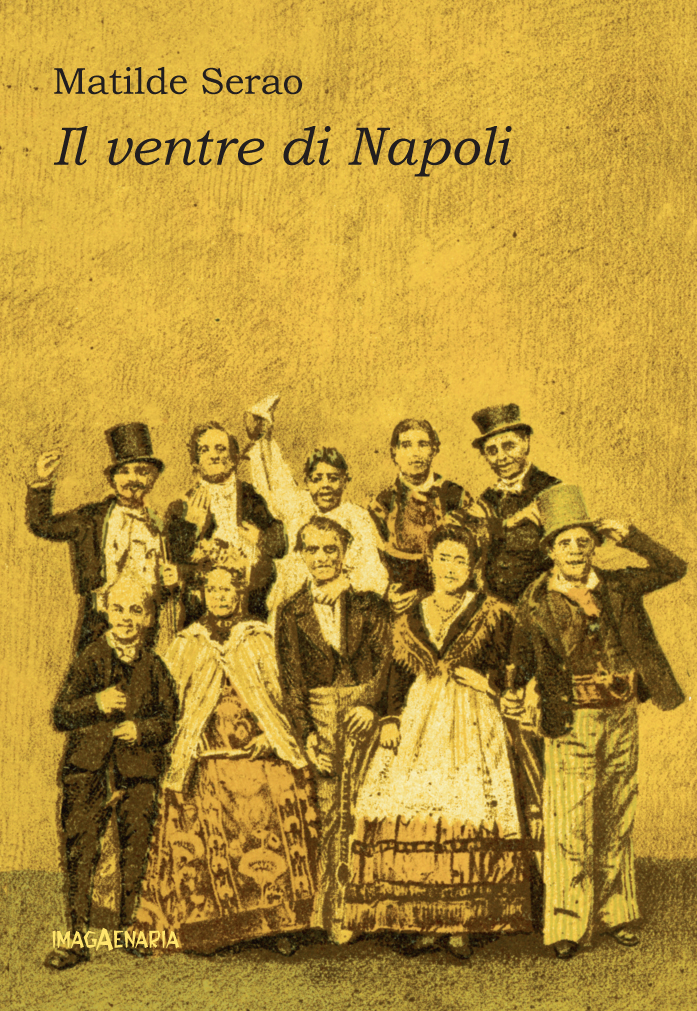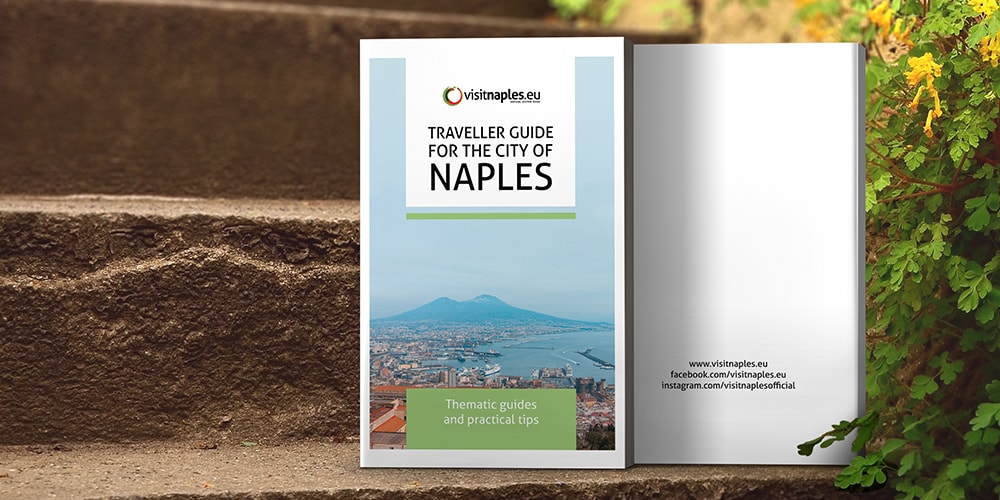The city seen by 'Matilde Serao' between strength and defects of the city

'The Naples bowels' between words and music: a description of the city, as Matilde Serao did in what is considered to be the materpiece of the investigative report dated back to 1884, is not as easy as one might think, just taking into account all the words full of sorrow she has been writing in.
The author, of Greek origins, in this report divided in three parts, talks about a city left to its own devices, describing its most rough features, such as the indigence, the sufference, and all the extreme conditions of life inside the popular neighbourhoods.
She also describes the positive attitude of the Neapolitan people, able to live day by day with beauty and benevolence. But her cynical and inflexible point of view doesn't even spare the policy of the time: within an invective against the Prime Minister of the Reign of Italy at the time, Agostino Depretis, the author states he wasn't able to supervise the city's complex situation, giving this way proof of the absence of the institutions also at that time.
By the way it's known that Naples always manages to rise up on its own, and it was just her maternal voice to highlight this feature: in the second part of the work, in fact, she stops upon the little things that make the Neapolitan one a people from whom isn't possible to steal the culture and the beauty; a people who realized how to rise up from the dust and how to wake up a dozy soul.
Naples is like a big gream, and everybody know it, but they don't know the truth.Pino Daniele
Defects and quality of the city in the Neapolitan music of Pino Daniele
Naples's beauty, in this sense, is also made of several contraddictions, as we have seen from Matilde Serao's words. Despite the passing of the time, these contraddictions still remain.
In one of his greatest successes, entitled Napul è, Pino Daniele, as Matilde Serao did almost a century ago, describes a decaying city and full of "a thousand fears" that, still today, invade it.
Yes, because, according to Daniele too, Naples is not only a postcard with "a thousand of colours", but a very complex city, where people in some way aren't able to change their sort.
Anyway, here it is also the ability to rise up and keep on living hoping that things may change one day (Naples is a dirty paper/ and nobody cares about it/ but everybody is waiting for a little bit of luck - In napoletano: Napul è 'na carta sporca/ e' nisciun' se ne 'mport/ e ognuno aspett' a' ciorta ), into a kind of entreaty towards themselves and towards a land which could give much more.
From both the authors, then, we find a lot of analogies and complementarities on what it is considered to be 'the Naples bowels'.










Lascia un commento